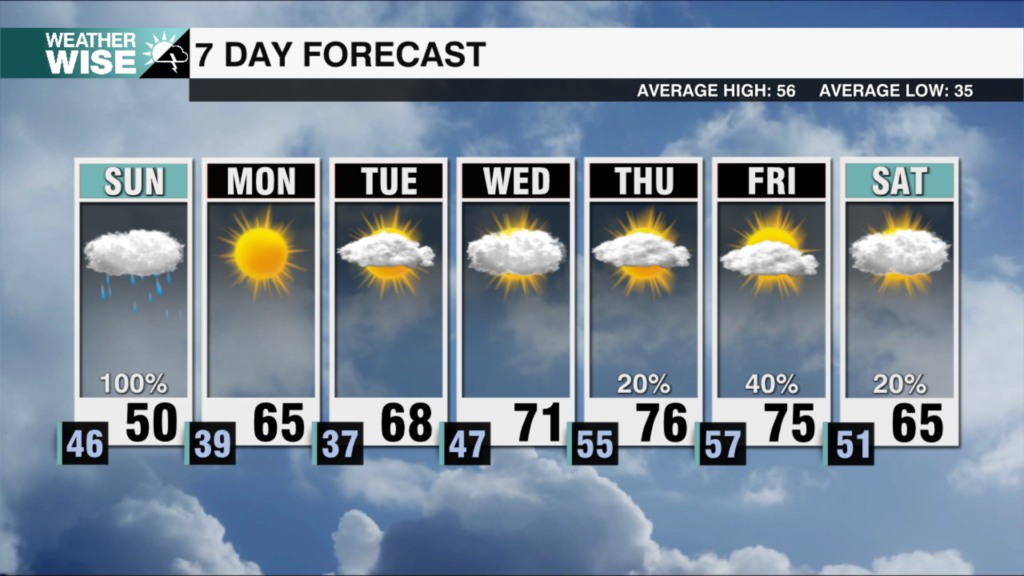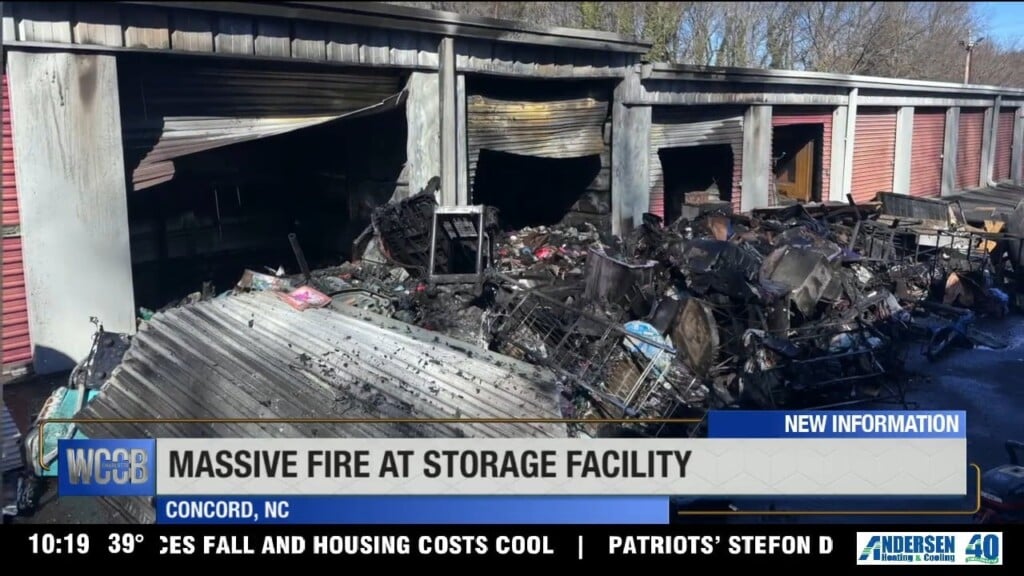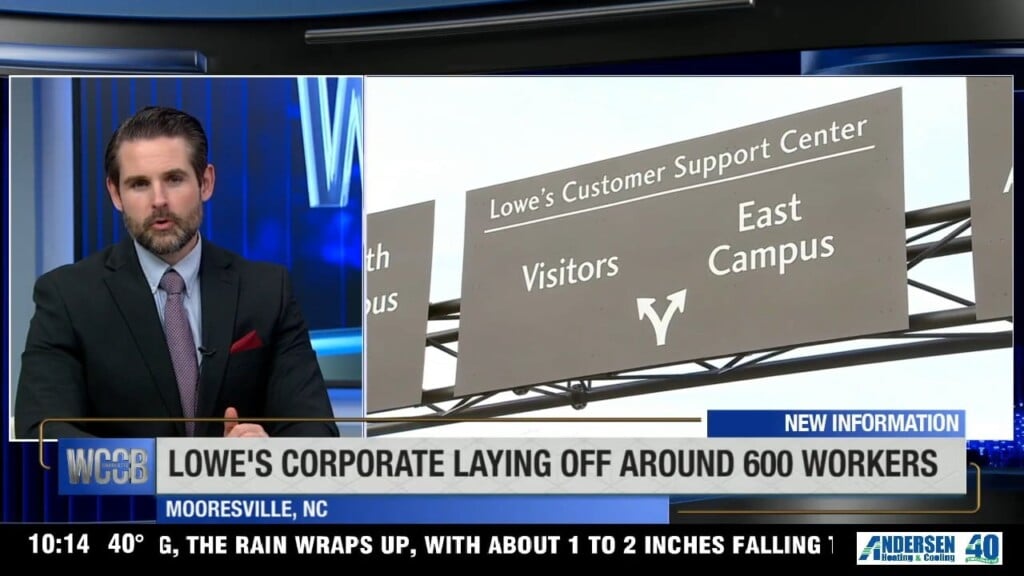RALEIGH, N.C. – Governor Roy Cooper proclaimed April as Sexual Assault Awareness Month to spread awareness and help address this pervasive issue impacting the lives of millions Americans each year. According to the National Center for Injury Prevention and Control, more than half of women and nearly 1 in 3 men in the United States have experienced sexual violence involving physical contact during their lifetimes.
“We must stand by survivors of sexual assault and ensure they are given the support and resources they need,” said Governor Cooper. “During this month, we recommit ourselves to working to stop sexual assault and increasing awareness, education and accountability in North Carolina.”
To show support, North Carolinians are encouraged to join others around the country on April 2 by wearing teal and sharing images across social media using #WearTealDay.
“Sexual assaults occur more often than we know as many cases go unreported each year,” said NC Department of Administration Secretary Pamela B. Cashwell. “It is important that we not only educate the community on how to protect themselves from sexual violence but also provide resources to help remove the stigma behind sexual violence, so no one is ever too afraid, ashamed or embarrassed to come forward.”
By definition, sexual violence is any unwanted physical or verbal advances including sexual activity, abuse, harassment, and assault. Sexual assault can affect people of any gender identity, sexual orientation, race, ethnicity, socioeconomic status, or religion. It can also occur online or through various means of technology. This can include posting or sharing sexual pictures of someone without their consent, or non-consensual sexting.
The NC Department of Administration’s Council for Women and Youth Involvement (CFWYI) funds 101 sexual assault programs in 96 of North Carolina’s 100 counties. These programs offer counseling, 24-hour crisis lines, transportation, court and advocacy services.
During the 2022-23 fiscal year, more than 11,000 individuals in North Carolina sought intervention services from a CFWYI-funded rape crisis center following an experience of sexual violence. This number includes 2,391 children under the age of 18 and more than 27,700 crisis calls and chats. Only 5.7% of victims reported being assaulted by a stranger.





